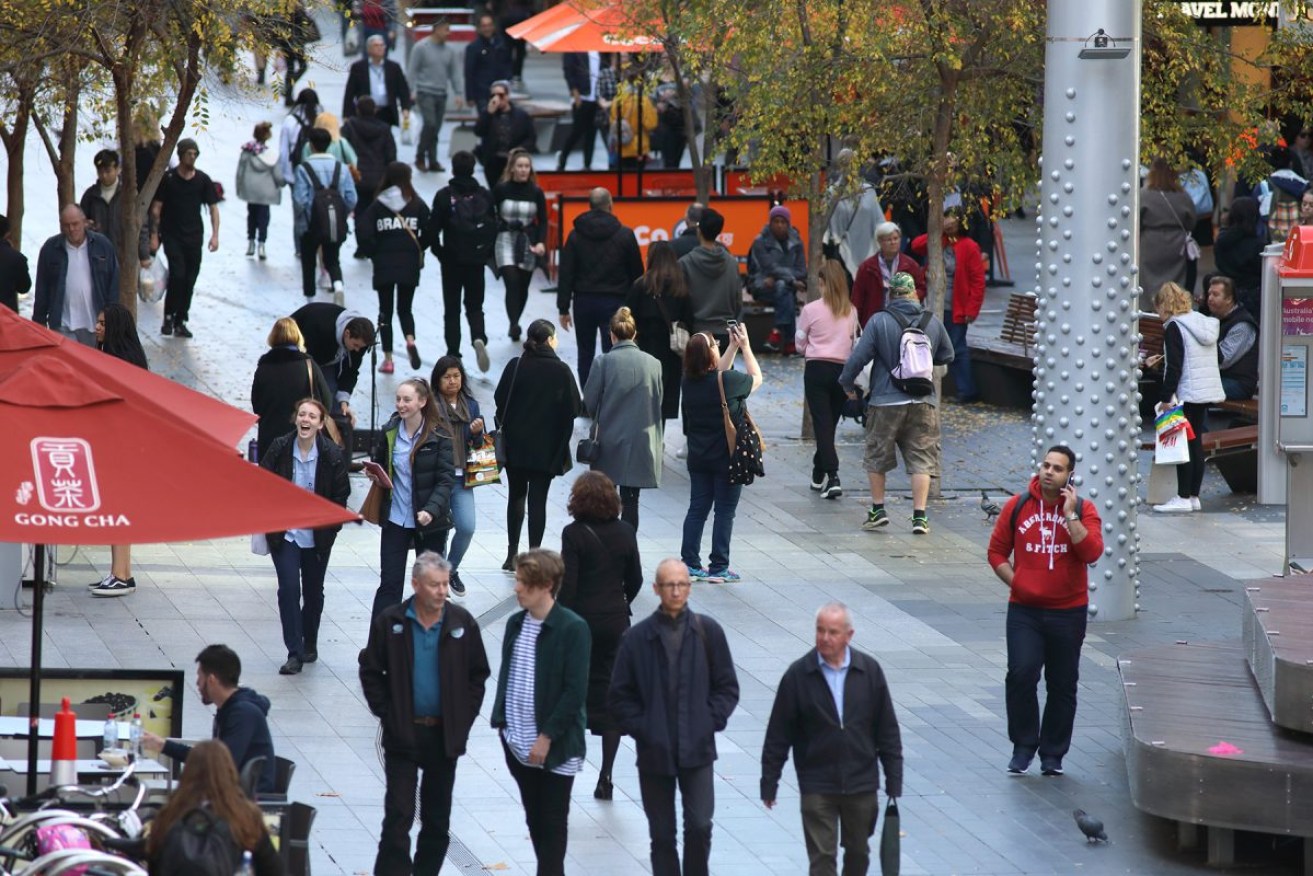For reasons you can’t see, SA’s border opening means my life will shrink
As South Australia’s borders reopen tomorrow, Sarah Keenihan explains why, for her and many others, life is about to become more restrictive, not less.


Photo supplied
Emotions are running high in South Australia right now, as we grapple to understand the likely impacts of tomorrow’s controlled border opening.
One thing does seem clear, however. Along with months and even years of pent-up love denied due to separation of family and friends, COVID-19 Delta strain will soon arrive for the summer holidays.
Many people are worried; those with underlying conditions are incredibly anxious. I know, because I too have an invisible vulnerability.
To many who know me, that may seem surprising, because on the outside I appear robust. I’m muscular, I carry body fat, and I’m physically confident. Appearances suggest there’s nothing frail about me. I’m defiantly independent.
But the thing is, you can’t see my immune system. And my blood tests reveal that my insides don’t match my outsides.
Surprise! My B cells are close to non-existent.
For 25 recent months, I had treatment specifically designed to kill my B cells. In July 2019 I learned I had a B cell lymphoma, a blood cancer. I’ve had six months of chemotherapy, and nearly two and half years of immunotherapy to kill the malignant B cells. I’m now in remission.
The problem is, while the treatment did a great job at nailing the lymphoma, it killed most of my normal B cells too. B cells are small white blood cells, and are a key part of our immune system – they produce antibodies, and are important in fighting viral infections.
By virtue of circumstance and good medical management, I’ve managed to stay reasonably healthy despite my low B cells. Chemotherapy and immunotherapy were not fun, but they didn’t knock me around as much as some cancer treatments can. I kept my hair. I worked part-time. I did regular exercise.
Many people are worried; those with underlying conditions are incredibly anxious.
In fact, my out-facing life has remained “normal” enough that many people in our broader social circles don’t even know I’ve had a cancer diagnosis. It was easier not to tell. I didn’t want the attention. I didn’t want any pity. I didn’t want my children being constantly asked about it.
But now that COVID is coming, it’s time to come clean.
The thing is, COVID presents a real risk for those of us treated for cancer, as we get about our daily lives with immune systems hit hard by life-saving treatment.
Of course, many of us are vaccinated, having received two or even three shots thanks to a booster program offered to people in high risks groups. But vaccination may be only partially effective when your immune system is missing key components.
Other than sitting it out, there’s not a lot you can do to push your immune capabilities back towards normal. My haematologist tells me at least six months is required for the body to repopulate itself with B cells. My last treatment was in August, which places me at about February 2022 as the target date for some recovery. For others, they may have more significant, lingering gaps in their immune capabilities, or indeed be still having treatment.
So yes, many of us are afraid about what might happen when South Australia’s borders open this week.
Don’t get me wrong. There are so many good things that will arrive when travellers from interstate are free to visit. Our tourism and education and business sectors should benefit. Selfishly, I’ll be utterly delighted to see my baby nephew for the first time since April, plus his parents and other relatives who have struggled through lockdowns and infection anxiety in Melbourne and Sydney.
A key point to note here is that all of these family members have been vaccinated in line with current eligibility criteria. Most of my friends and colleagues are vaccinated. They’ve done it to protect themselves and to reduce transmission in their communities.
But not everyone is vaxxed. Children aged under 12 are not yet eligible. And in the face of overwhelming evidence, some people still choose not to do it.
A bit of back-of-napkin maths suggests there will be at least several hundred thousand South Australians who won’t be vaccinated when the borders open. These are the people who will most likely spread infection when it comes. Not because they want to. Not because they’re deliberately trying to spread it. Just because that’s how diseases work. Recent analyses suggest my unvaccinated friend is roughly 20 times more likely to give me COVID than my vaccinated friend; that vaccinated people are less contagious even if they do get infected.
I take no joy in it, but this is why I won’t come to your festive drinks. Why in coming weeks I won’t take my mask off, even if by law I can. Why I get grumpy when you refuse vaccination for yourself or your children aged 12 and over.
Because I’m vulnerable, along with thousands of other South Australians with cancer and disabilities and lung and heart disease and diabetes and organ transplants and autoimmune conditions and various other visible and invisible medical conditions, along with those who are just plain elderly.
We ask for your help. Get vaccinated. And know that appearances can be deceiving.
Sarah Keenihan is an Adelaide science writer. She has a PhD in immunology.




